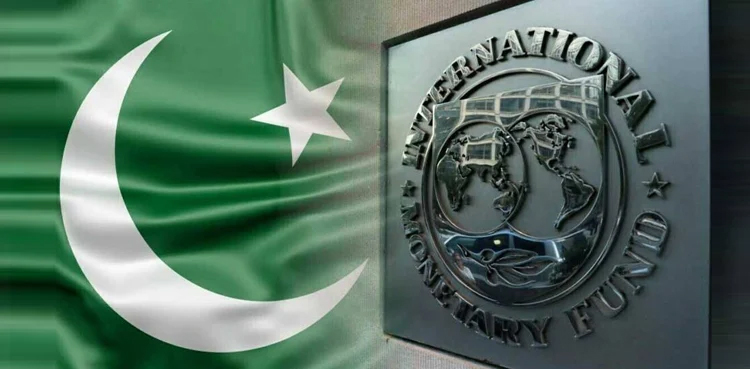ISLAMABAD – The International Monetary Fund (IMF) on Saturday emphasized the significance of recent electricity and gas tariff hikes to bolster the energy sector’s viability amidst the surging energy prices.
The Fund acknowledged in it’s first review of the stand-by arrangement.
It lauded the caretaker government’s actions to curb the rise in circular debt, reaching around 5.25% of GDP by the end of the last fiscal year.
The report said that energy subsidies in the 2023-24 budget are limited to Rs976 billion that resulted in record-high power and gas tariffs.
The IMF stressed the critical need for timely tariff adjustments and broader reforms to restore energy sector viability.
In terms of GDP, the IMF predicts a 2% growth rate for the current fiscal year, with foreign reserves improving from $4.2 billion to $8.2 billion.
While Pakistan met first-quarter targets, the industrial sector faces difficulties with a mere 2.5% growth rate, attributed to increased energy tariffs and interest rates.
The agriculture sector, however, saw a 5.1% growth, indicating positive movement in Pakistan’s economy. Regarding inflation, the IMF notes a decrease from 36% in May to 26.8% in October, but recent figures show a worrisome rise, especially in food inflation.
The IMF acknowledges improved revenue collection, aiding deficit reduction, and commends Pakistan’s actions to curb cross-border smuggling of US dollars. The forecasted budget deficit is around 7.6% of GDP, with a current account deficit of 1.6% of GDP.
The recent official data revealed a substantial reduction in Pakistan’s current account deficit during the first six months of 2023-24.
It may be mentioned here that the surge has led to a cost of living crisis and unprecedented challenges for the businesses.









